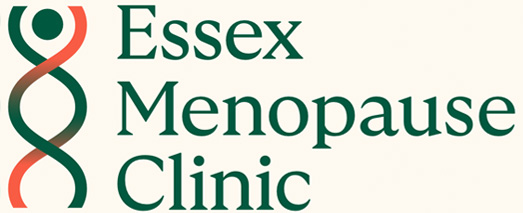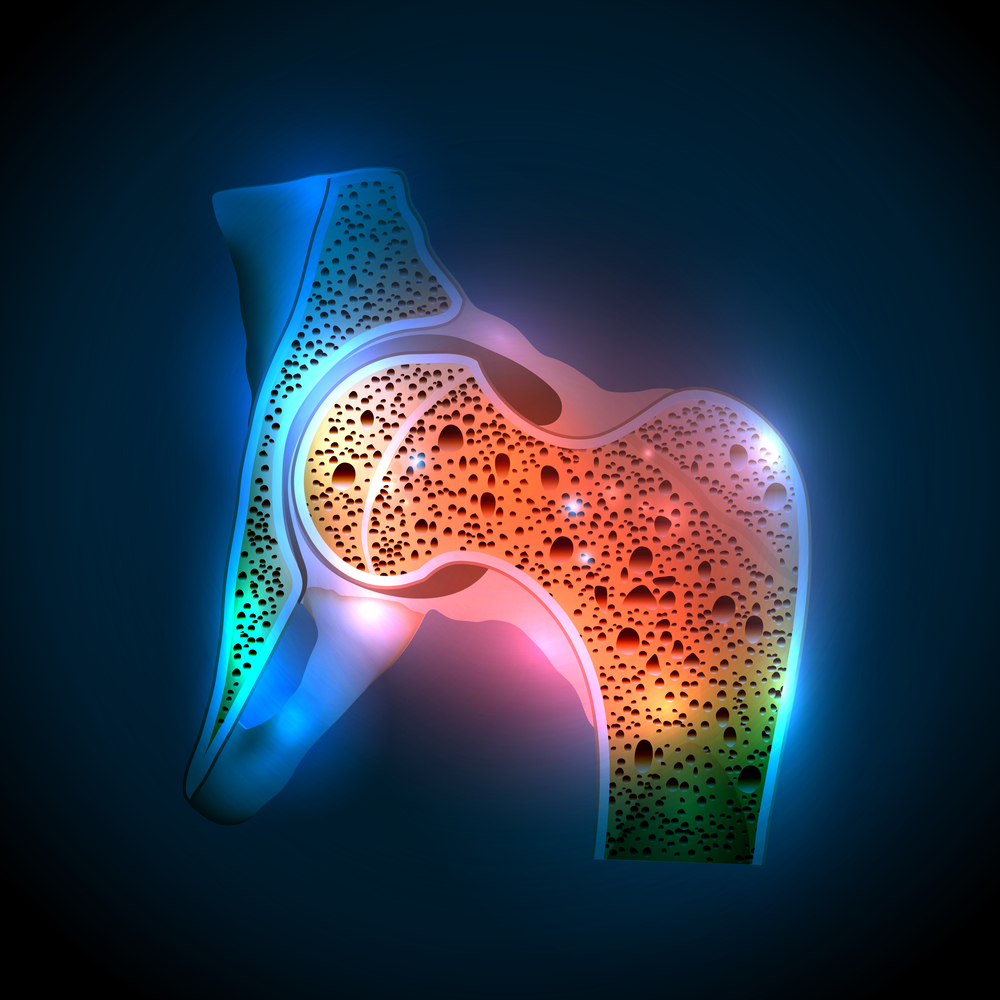As well as being the most effective treatment for improvement in menopausal symptoms, Hormone Replacement Therapy (HRT) also has added benefits such as reducing the risk of heart disease in women if started below the age of 60 or within 10 years of the menopause, and lowering the risk of osteoporosis. Keep reading to find out more about osteoporosis!
So what is osteoporosis?
Osteoporosis is a disease of bone thinning. This means that the bone becomes weak and fragile and more likely to fracture (break). The scale of the problem is huge with approximately 9 million fractures caused by osteoporosis worldwide!
Normally, healthy bone is maintained with a balance of old bone being broken down and new bone being made. At the time of menopause, the rate of bone being broken down increases due to the fall in oestrogen which occurs at the menopause. This is why osteoporosis particularly affects women after the menopause. At the age of 50, 2% of women have osteoporosis and by 80 this is 25%.
Is there anything I can do to reduce my risk of osteoporosis?
It is possible to reduce your risk of developing osteoporosis by ensuring you have a healthy lifestyle – increasing how active you are, doing weight-bearing and muscle-strengthening exercises, stopping smoking, reducing alcohol to fewer than 2 units a day, and ensuring you have a balanced diet containing calcium and vitamin D. Foods which contain good amounts of calcium include dairy products such as milk, cheese, and yoghurt; spinach; beans and fish. Foods containing vitamin D include oily fish like mackerel and salmon, red meat and eggs. The body’s main source of vitamin D is from sunshine.
How can HRT help?
HRT at the time of menopause has been shown to stabilise bone turnover and stop more bone being broken down. This means that it will stop osteoporosis occurring if started early enough. It also works to increase bone density in women who already have a small amount of bone thinning (osteopenia) or severe bone thinning (osteoporosis).
In the past HRT used to be used more commonly to treat osteoporosis but as there were some medical studies, in particular, the Women’s Health Initiative Study and Million women’s study, which questioned the safety of HRT, it stopped being prescribed as often. Those studies have now been shown to be flawed and looked at types of HRT which are not prescribed frequently now. Reanalysis of both of these studies has been reassuring with regards to the safety of HRT if started before the age of 60 and within 10 years of the menopause.
The British Menopause Society recognises that HRT is effective and an appropriate treatment for the prevention of osteoporosis in menopausal women. Women who have Premature Ovarian Insufficiency (menopause below the age of 40) definitely need to take HRT to reduce the risk of developing osteoporosis and heart disease. If HRT is unsuitable (e.g. you have breast cancer), there are other treatments for osteoporosis available.





